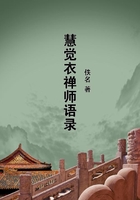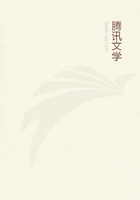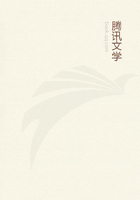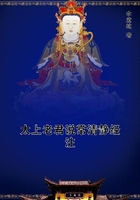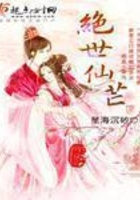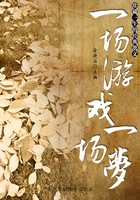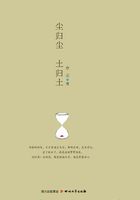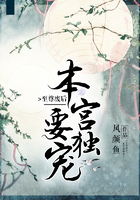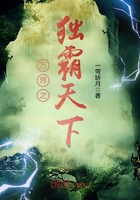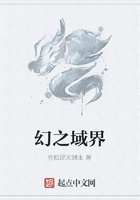That which most distinguished Italy from the neighboring countries was the importance which the population of the towns, at a very early period, began to acquire. Some cities had been founded in wild and remote situations, by fugitives who had escaped from the rage of the barbarians. Such were Venice and Genoa, which preserved their freedom by their obscurity, till they became able to preserve it by their power. Other cities seem to have retained, under all the changing dynasties of invaders, under Odoacer and Theodoric, Narses and Alboin, the municipal institutions which had been conferred on them by the liberal policy of the Great Republic. In provinces which the central government was too feeble either to protect or to oppress, these institutions gradually acquired stability and vigor. The citizens, defended by their walls, and governed by their own magistrates and their own by-laws, enjoyed a considerable share of republican independence. Thus a strong democratic spirit was called into action. The Carlovingian sovereigns were too imbecile to subdue it. The generous policy of Otho encouraged it. It might perhaps have been suppressed by a close coalition between the Church and the empire.
It was fostered and invigorated by their disputes. In the twelfth century it attained its full vigor, and, after a long and doubtful conflict, triumphed over the abilities and courage of the Swabian princes.
The assistance of the ecclesiastical power had greatly contributed to the success of the Guelfs. That success would, however, have been a doubtful good, if its only effect had been to substitute a moral for a political servitude, and to exalt the popes at the expense of the Caesars. Happily the public mind of Italy had long contained the seeds of free opinions, which were now rapidly developed by the genial influence of free institutions. The people of that country had observed the whole machinery of the Church, its saints and its miracles, its lofty pretensions, and its splendid ceremonial, its worthless blessings and its harmless curses, too long and too closely to be duped.
They stood behind the scenes on which others were gazing with childish awe and interest. They witnessed the arrangement of the pulleys, and the manufacture of the thunders. They saw the natural faces, and heard the natural voices, of the actors. Distant nations looked on the Pope as the vicegerent of the Almighty, the oracle of the All-Wise, the umpire from whose decisions, in the disputes either of theologians or of kings, no Christian ought to appeal.
The Italians were acquainted with all the follies of his youth, and with all the dishonest arts by which he had attained power. They knew how often he had employed the keys of the Church to release himself from the most sacred engagements, and its wealth to pamper his mistresses and nephews. The doctrines and rites of the established religion they treated with decent reverence. But, though they still called themselves Catholics, they had ceased to be papists. Those spiritual arms which carried terror into the palaces and camps of the proudest sovereigns excited only contempt in the immediate neighborhood of the Vatican. Alexander, when he commanded our Henry II to submit to the lash before the tomb of a rebellious subject, was himself an exile. The Romans, apprehending that he entertained designs against their liberties, had driven him from their city; and, though he solemnly promised to confine himself for the future to his spiritual functions, they still refused to readmit him.
In every other part of Europe, a large and powerful privileged class trampled on the people, and defied the government. But, in the most flourishing parts of Italy, the feudal nobles were reduced to comparative insignificance.
In some districts they took shelter under the protection of the powerful commonwealths which they were unable to oppose, and gradually sank into the mass of burghers. In other places, they possessed great influence; but it was an influence widely different from that which was exercised by the aristocracy of any trans-Alpine kingdom. They were not petty princes, but eminent citizens. Instead of strengthening their fastnesses among the mountains, they embellished their palaces in the market-place. The state of society in the Neapolitan dominions, and in some parts of the ecclesiastical State, more nearly resembled that which existed in the great monarchies of Europe. But the governments of Lombardy and Tuscany, through all their revolutions, preserved a different character. A people, when assembled in a town, is far more formidable to its rulers than when dispersed over a wide extent of country. The most arbitrary of the Caesars found it necessary to feed and divert the inhabitants of their unwieldy capital at the expense of the provinces. The citizens of Madrid have more than once besieged their sovereign in his own palace, and extorted from him the most humiliating concessions. The sultans have often been compelled to propitiate the furious rabble of Constantinople with the head of an unpopular vizier. From the same cause, there was a certain tinge of democracy in the monarchies and aristocracies of northern Italy.
Thus liberty, partially indeed and transiently, revisited Italy; and with liberty came commerce and empire, science and taste, all the comforts and all the ornaments of life. The Crusades, from which the inhabitants of other countries gained nothing but relics and wounds, brought to the rising commonwealths of the Adriatic and Tyrrhene seas a large increase of wealth, dominion, and knowledge. The moral and the geographical position of those commonwealths enabled them to profit alike by the barbarism of the West and by the civilization of the East. Italian ships covered every sea. Italian factories rose on every shore. The tables of Italian money-changers were set in every city.

